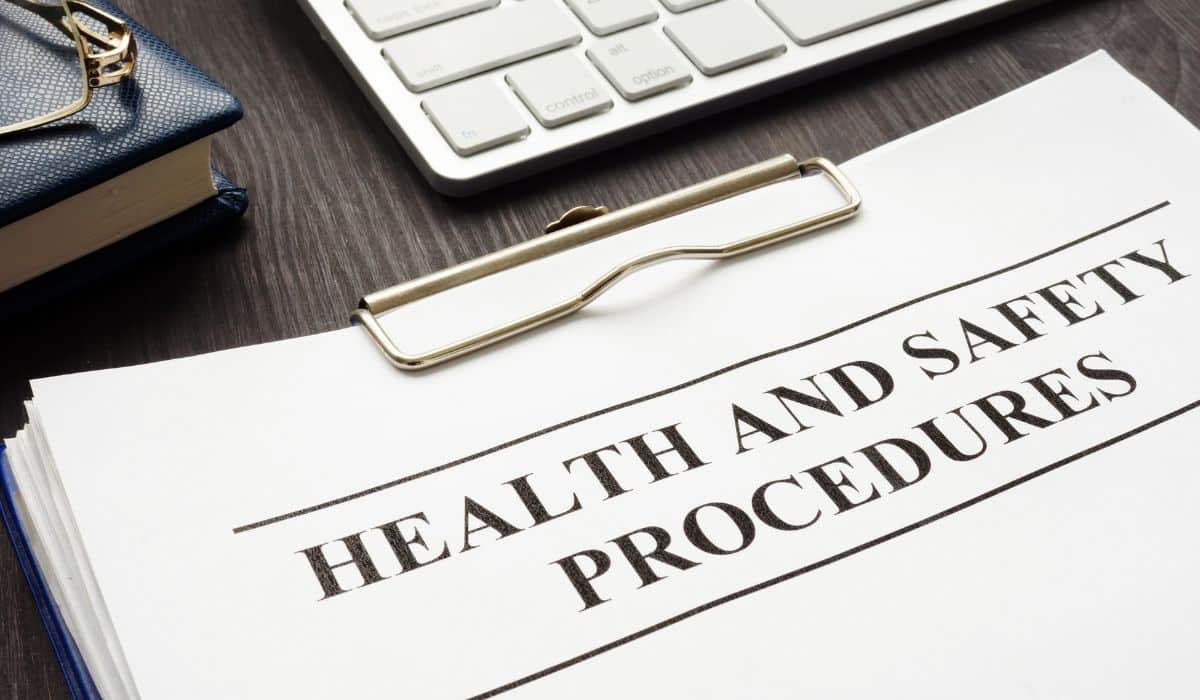All food companies are subject to a health audit, including those in the food vending sector, since audits allow compliance with health requirements to be controlled and the corresponding corrective measures to be established in the event of deviations. In other words, it guarantees the good practices of the companies in the sector.
What kind of results do they show?
The audits aim to analyze the practices carried out to ensure that health regulations are complied with. For this reason, the auditors are demanding the search for defects to improve the operators’ practices.
Vending companies when audited usually have many defects. Eventually, operators get to learn from mistakes, and the found defects get fewer and fewer, so improvement is constant.
On the other hand, companies voluntarily hire audit services. Therefore, some operators are opposed because they consider it an additional cost. However, those companies that contract the audit services quickly become aware of the profitability and safety that a service of this type offers since the hygienic-sanitary improvements are observed from the first health safety audit.
What is valued in this type of audit?
- In the health audits of the sector, different aspects are analyzed to carry out a detailed assessment of the company.
- First, an audit of the structural and hygienic conditions of the warehouse is carried out. Next, all the documentation related to the HACCP System is reviewed to guarantee that the company complies with the established praxis and the documentary records.
- Lastly, the auditor monitors one of the company’s employees during their daily route so that good handling practices and the correct state of cleaning and disinfection of vehicles and machines are analyzed, as is the proper management of storage, FIFO, and expiration.
Why does a factory need audits?
In the first lines of this article, we have commented on how health safety audits are necessary for the evolution of industrialized work environments. This is a fairly generic statement that encompasses a long list of advantages.
- Detailed knowledge of everything in the factory is achieved, from machinery and devices to operations and documents.
- Malfunctions and shortcomings in the facilities and work procedures can be revealed.
- Points are also discovered that, if properly exploited, will significantly boost business results.
- With the correction of these defects, there will be significant savings in costs which is otherwise lost due to non-quality or in the payment of administrative sanctions.
- Materials and human resources available to the factory are employed effectively.
- It provides a safer work environment for everyone.
Types of auditing that take place in industrial settings
Audits are classified according to purpose criteria (financial, quality, health and hygiene at work, etc.) or to who performs them. In this sense, we can distinguish between:
Internal audits: are carried out by the company’s personnel, assuming a tool for the self-exploration of the production plant.
External audits: carried out by personnel outside the company and independent. They are usually carried out by legal imperative or to obtain some recognition from an external entity.
Is it mandatory for vending companies to obtain sanitary registration?
- It is mandatory and falls under code 40 as a multipurpose warehouse.
- It is a reality since if they are not listed in the registry, it is as if they did not exist; therefore, they cannot be inspected.
